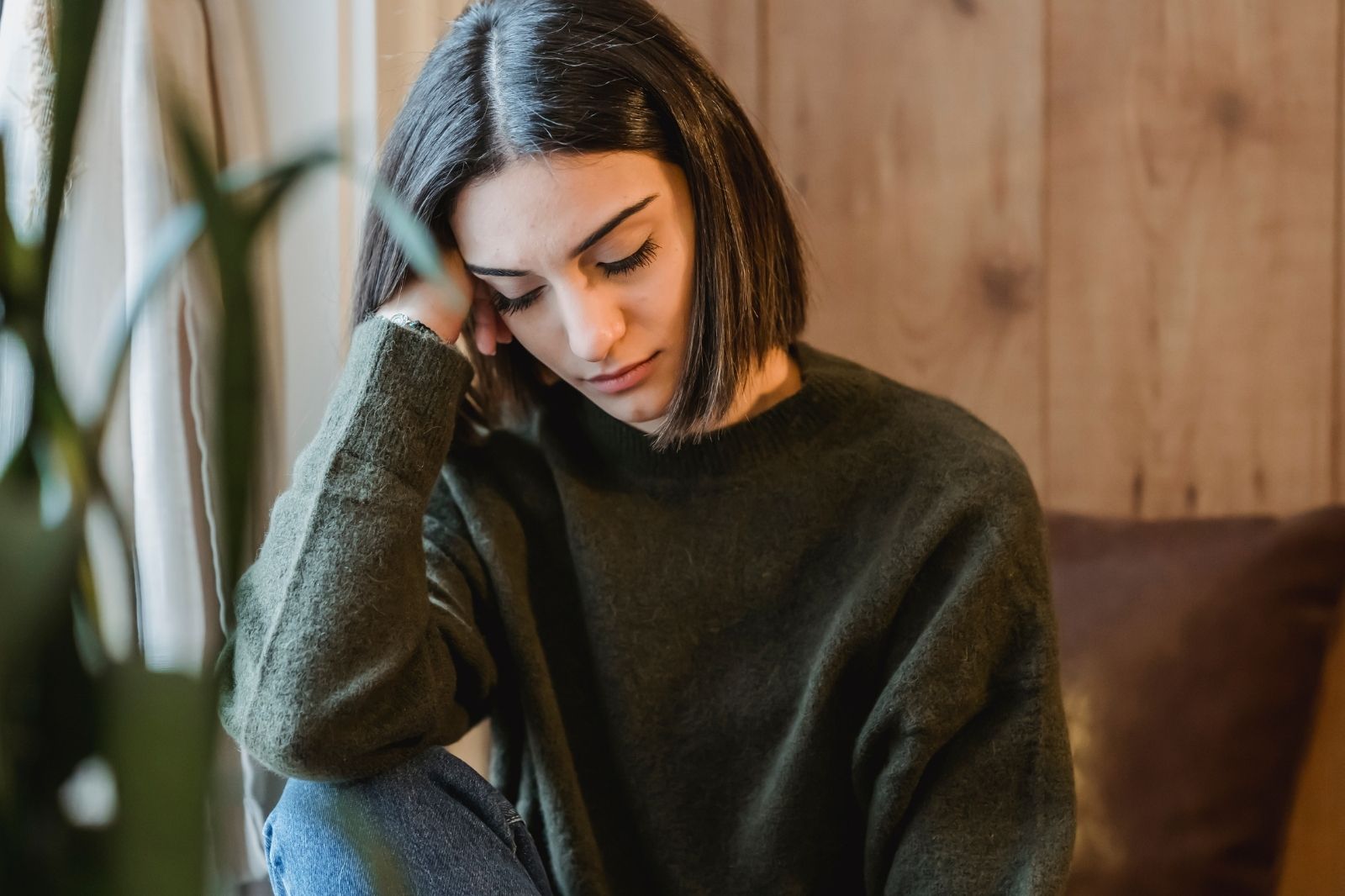Narcolepsy from Sleep Apnea: How Are They Connected?

Sleep disorders can be complex and are often interconnected. Narcolepsy and sleep apnea are two distinct conditions that can significantly affect sleep quality and ruin a person’s overall health. While they have different underlying causes and symptoms, recent research suggests that the conditions may be more interconnected than previously thought. This blog explores the relationship between narcolepsy and sleep apnea, how they affect individuals, and what you need to know about their connection.
Understanding Narcolepsy
Narcolepsy is a chronic neurological disorder characterized by excessive daytime sleepiness, sudden sleep attacks, and disrupted nighttime sleep. It occurs due to the brain’s inability to regulate sleep-wake cycles effectively, often caused by the loss of hypocretin-producing neurons in the brain. Hypocretin is a neurotransmitter crucial for maintaining wakefulness.
People with narcolepsy may experience cataplexy, which is a sudden loss of muscle tone triggered by strong emotions, vivid hallucinations during sleep onset, and sleep paralysis. The condition can significantly impact daily life, leading to challenges at work, school, and in social situations.
Understanding Sleep Apnea
Sleep apnea, particularly obstructive sleep apnea (OSA), is a disorder characterized by repeated interruptions in breathing during sleep. This occurs when the throat muscles relax excessively, blocking the airway and causing breathing pauses that can last from a few seconds to minutes. Individuals with sleep apnea often experience loud snoring, gasping for air during sleep, and daytime fatigue due to disrupted sleep.
There are two main types of sleep apnea: obstructive and central. Obstructive sleep apnea is the more common form, while central sleep apnea occurs when the brain fails to send signals to the muscles responsible for breathing. Both conditions can lead to severe health complications, including cardiovascular issues, high blood pressure, and an increased risk of stroke.
The Connection Between Narcolepsy and Sleep Apnea
While narcolepsy and sleep apnea are distinct disorders, they can co-occur in some individuals. Studies indicate that the prevalence of sleep apnea is higher in people with narcolepsy than in the general population. This correlation raises several questions about how these conditions may influence one another.
One possible explanation for this connection is that the sleep fragmentation caused by sleep apnea can exacerbate the symptoms of narcolepsy. When a person with narcolepsy experiences disrupted sleep due to apnea, it can lead to an increase in daytime sleepiness and the frequency of sleep attacks. Conversely, individuals with sleep apnea may develop symptoms similar to narcolepsy.
Diagnosis Challenges
To diagnose either condition, a thorough evaluation is crucial. This typically includes a sleep study (polysomnography) to monitor sleep patterns, breathing, and brain activity during sleep.
Treatment approaches for narcolepsy and sleep apnea vary and often require a combination of strategies.
- For Narcolepsy:
- Medications: Stimulants, such as modafinil, can help manage excessive daytime sleepiness. Other medications, like sodium oxybate, can assist in improving nighttime sleep and reducing cataplexy episodes.
- Lifestyle Modifications: Establishing a regular sleep schedule, taking short naps throughout the day, and practicing good sleep hygiene can help manage symptoms.
- For Sleep Apnea:
- Continuous Positive Airway Pressure (CPAP) Therapy: This common treatment involves wearing a mask during sleep that delivers a continuous flow of air.
- Lifestyle Changes: Weight loss, avoiding alcohol, and changing sleep positions can help reduce the severity of sleep apnea.
- Oral Appliances: Dental devices can help keep the throat open during sleep.
Conclusion
Narcolepsy and sleep apnea are two complex sleep disorders that can significantly impact an individual’s quality of life. While they are distinct conditions, their connection underscores the importance of comprehensive sleep evaluations and individualized treatment plans. If you or someone you know is experiencing excessive daytime sleepiness or disrupted sleep, seek immediate medical advice.
Why Trust Us?
At The Sleeping Institute, we're dedicated to transparency, impartiality, and accuracy in every article we publish. Our reviews are based on comprehensive analysis and firsthand experience. Staying current with the latest advancements in sleep technology, we offer up-to-date, reliable, and unbiased information to help you make informed decisions for a better night's rest. Let us be your trusted guide in the ever-evolving world of sleep technology!